Features > Property News & Insights > Market updates
Predicting the RBA's Next Move: What Does It Mean for Property Owners?
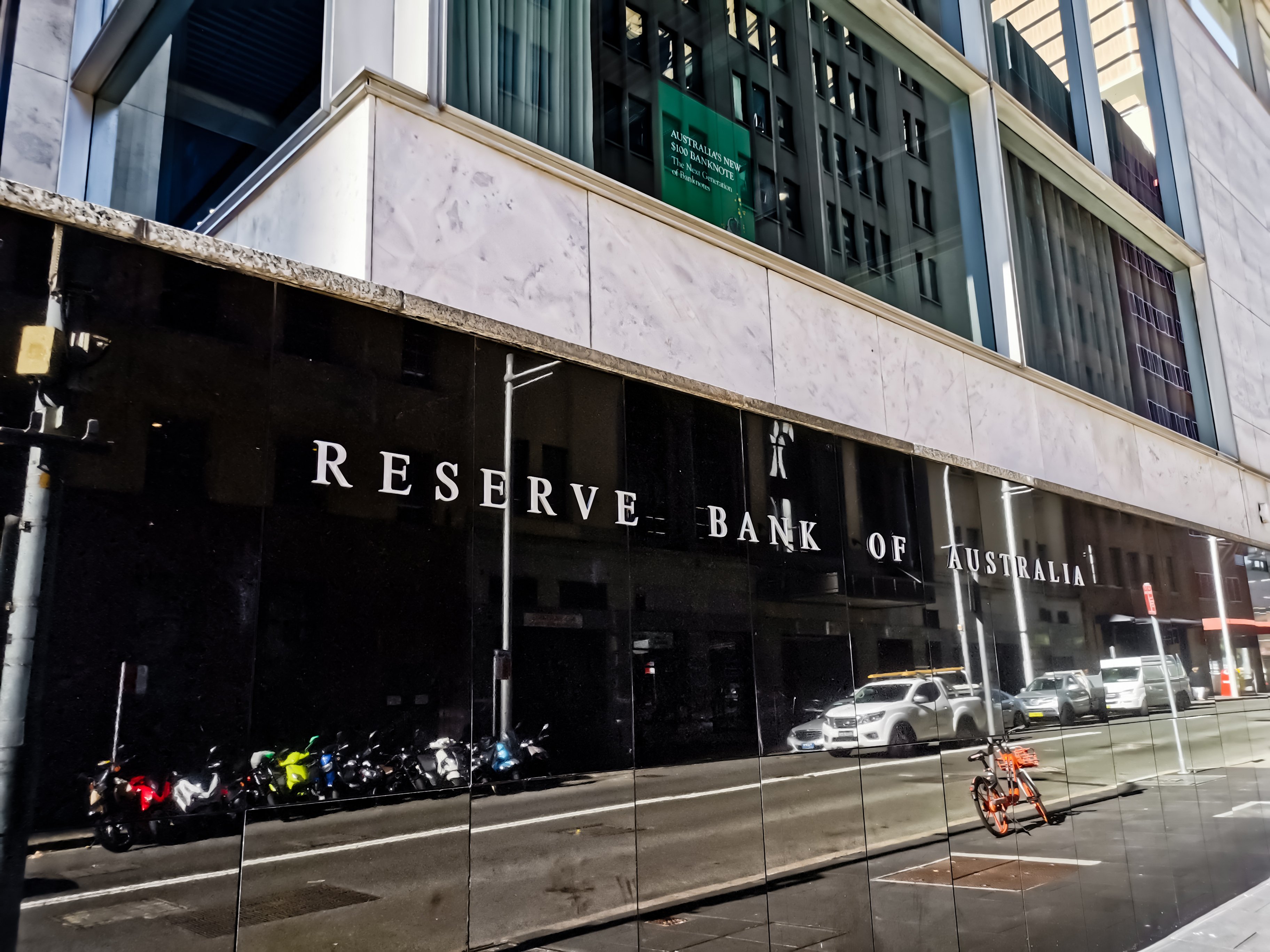
Image from Glen McCurtayne/Sydney Morning Herald
KEY POINTS
New developments in Australia's Consumer Price Index (CPI) measurements across the quarterly and annual periods have defied expectations (and hopes), which has prompted the banks to revise their earlier forecasts. In this article, we're going to explore what has changed with the CPI and the RBA forecast, why it's happened, and crucially what it means for property investors.
CPI higher than hoped, but lower than 2022

It's definitely encouraging to see the RBA’s rate hikes through this year have produced a deceleration in inflation, the decline hasn't been as pronounced as needed. However, the latest figures reveal that Australia's Consumer Price Index (CPI) rose by 1.2% in the September 2023 quarter, bringing the annual increase to 5.4%. This is a notable improvement compared to the higher inflation rates of 2022, but still not enough to bring things in line.

Ernst & Young chief economist Cherelle Murphy remarked, 'The stronger-than-expected CPI result for the September quarter, higher oil and petrol prices and a depreciating Australian dollar mean inflation is now out of line with the Reserve Bank’s August forecasts.'
Fuel, electricity, and rents were the primary components driving the rise in the Consumer Price Index (CPI) and, consequently, inflation. The most significant price rise was observed in automotive fuel, which saw a 7.2% increase in the September quarter.
The "Wealth Effect": a double-edged sword?
A notable topic of discussion in the minutes of the RBA’s October board meeting was the "Wealth Effect". This is when homeowners tend to increase their spending as the value of their homes rises and they can take out loans against their properties.
The recent recovery in the housing market has strengthened this effect, with homeowners feeling wealthier and more financially secure, thereby encouraging them to spend more.
However, this increased spending poses a challenge for economic regulators. As homeowners tap into their increased household wealth to support their consumption, it inadvertently hampers efforts to mitigate inflation, making it a significant concern for the RBA in its monetary policy considerations.
What's next for the RBA? Top
economists weigh in
In the wake of the recent developments surrounding inflation and the housing market, economists from Australia's leading financial institutions have weighed in with their perspectives on the RBA's potential next steps in November. Their insights are crucial in gauging the broader market sentiment.
ANZ and CBA, two of the major banks, have revised their earlier stance, which predicted no further rate hikes. Now, they anticipate that the RBA will increase the cash rate by 25 basis points in the upcoming month. HSBC chief economist Paul Bloxham also commented that a November rate hike would be needed to get inflation back to target by the end of 2025.
Meanwhile, NAB, which had already forecasted a rate rise prior to the release of the inflation figures, now suggests there might be room for an additional rate hike. NAB chief economist Mr Oster stated, "We continue to see the RBA lifting the cash rate to 4.35% at the November meeting before remaining on hold until the second half of 2024."
Westpac is also predicting a hike. After keeping quiet following the release of the CPI on Wednesday, Dr Ellis, Westpac Chief Economist has reversed Westpac’s earlier prediction of no future cash rate increases. She anticipates that the RBA board will decide to raise the cash rate to 4.35 per cent during their next meeting and highlighted that, she has seen enough to make my first-ever rate call to be a prediction of a hike.
The collective sentiment among economists lean towards the expectation of a more assertive move by the RBA in November. The broader market's anticipation of measures to address inflationary challenges was reflected by Michele Bullock in her first speech as RBA governor, where she confirmed her commitment to bring inflation back to below 3% within a reasonable timeframe, and that “the [RBA] board will not hesitate to raise the cash rate further if there is a material upward revision to the outlook for inflation”.
But according to Freedom Property Investors’ Founder & CEO Scott Kuru, it’s not as simple as that -
“The RBA may want to see how strong the economy is throughout Christmas. If we spend big at Christmas, then absolutely, January, they're going to jack the rates up. But if we take it easy and the inflation is under control over Christmas the rates absolutely won't.”
Australia's housing market
defies expectations
The Australian housing market, however, has showcased remarkable resilience in recent times. According to data from Corelogic, median house prices across the combined capital cities have witnessed a 5.3% uptick in the last 12 months, with a median house price measured at $912,581.
Furthermore, the combined median unit price stands at $645,202, reflecting 4.3% growth. These figures are particularly noteworthy considering they represent a near-complete recovery from the downturn experienced in 2022.
The pause in interest rate hikes by the RBA has undeniably played a role in this recovery. By holding the rates steady, the RBA has provided a conducive environment for potential buyers, fostering confidence and stimulating demand in the property sector.
However, in light of recent developments in inflationary pressure and a shift in market sentiments, there's growing anticipation of a potential hike. For property investors, it's crucial to understand that while interest rate movements influence the housing market, they aren't the sole determinant.The current recovery in the housing market is multifaceted, driven by factors beyond mere interest rates—rising demand created by an influx of immigrants and constrained supply.
The "wealth effect," as highlighted in the RBA’s October board meeting, indicates that the strength of the housing market could lead homeowners to spend more, potentially impacting inflation. However, even if the RBA decides to adjust the rate in the upcoming month, the housing market's momentum is poised to remain largely unaffected, this is unlikely to bring about a substantial shift on the current state of the housing market.
NAB's latest forecast suggests that property prices across the capitals are expected to rise by 5% in 2024, following an 8% increase this year. For property investors, this signifies a robust foundation for the housing market, one that seems well-equipped to withstand potential rate hikes and ensure continued growth and stability in the sector.
Stay Up to Date
with the Latest Australian Property News, Insights & Education.




.png?width=292&height=292&name=Copy%20Link%20(1).png)
 SIGN UP FOR FREE NEWSLETTER
SIGN UP FOR FREE NEWSLETTER
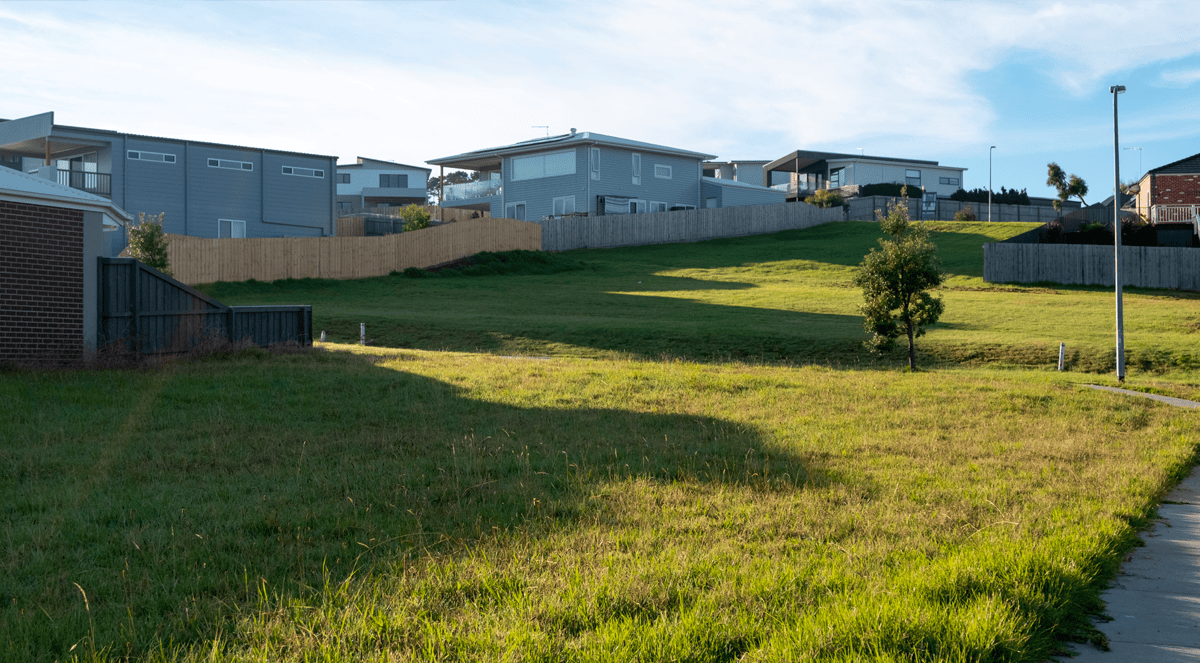
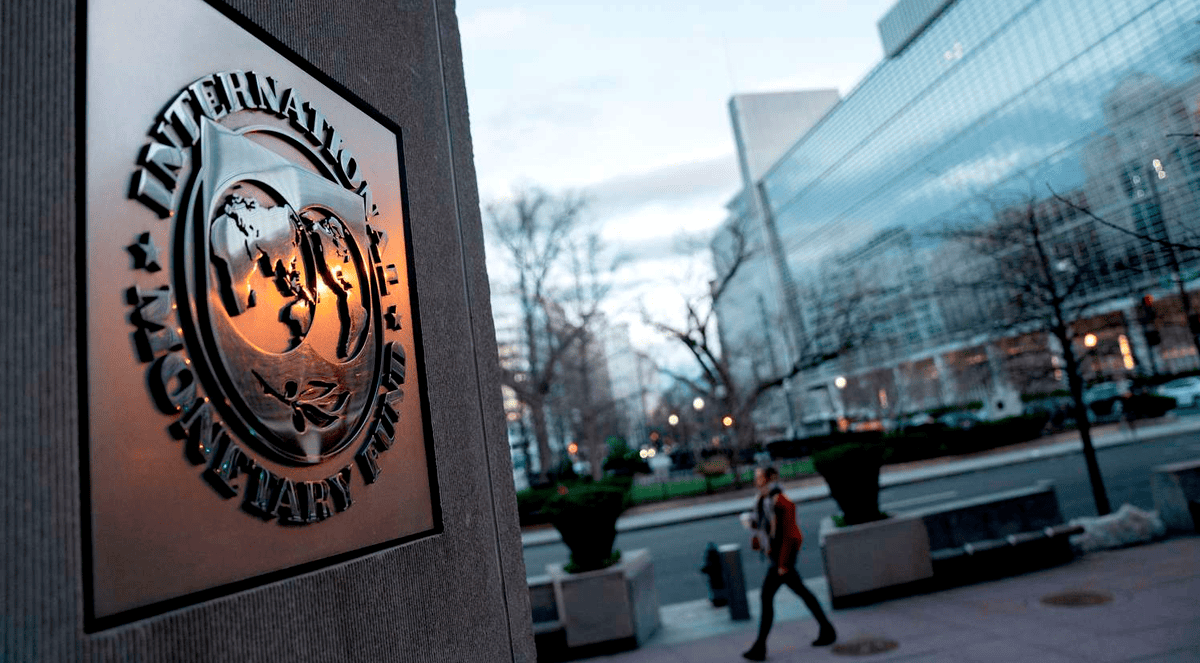
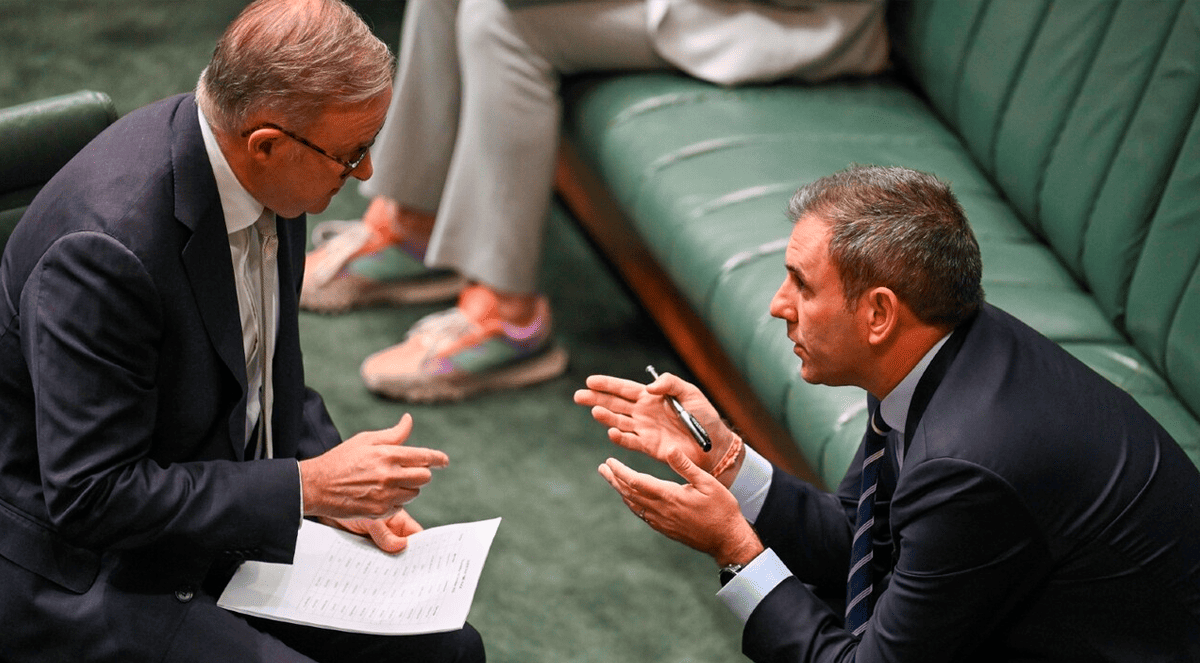

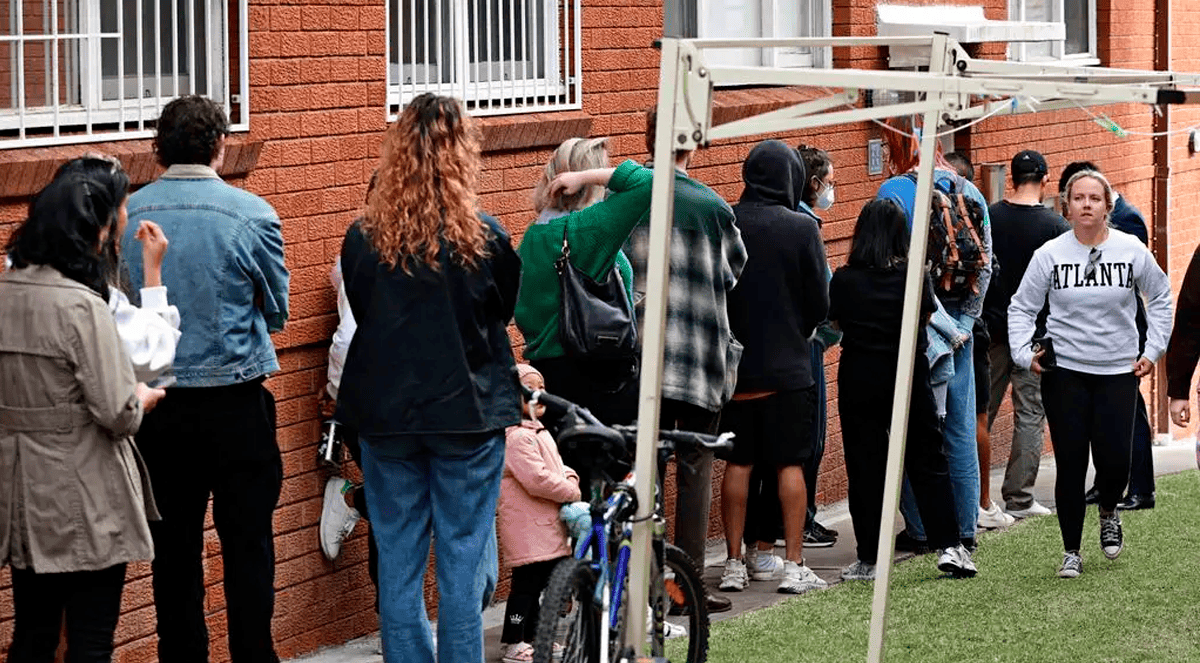


%20Scott%20Kuru%20DPU%20145.jpg?width=1920&height=1080&name=Senate%20Inquiry%20Forced%20the%20RBA%20to%20Admit%20the%20Housing%20Crisis%20Will%20Never%20Be%20Fixed%20(It%20Was%20All%20a%20Lie)%20Scott%20Kuru%20DPU%20145.jpg)



%20Scott%20Kuru%20DPU%20141.jpg?width=1920&height=1080&name=The%20Senate%20Just%20Exposed%20Australias%20Biggest%20$80%20Billion%20Housing%20Fraud%20(Inquiry%20Launched)%20Scott%20Kuru%20DPU%20141.jpg)




%20Scott%20Kuru%20DPU136.jpg?width=1920&height=1080&name=Aussies%20Just%20Got%20Hit%20With%20Double%20Taxes%20on%20Everything%20(This%20Has%20Gone%20Too%20Far)%20Scott%20Kuru%20DPU136.jpg)


%20Scott%20Kuru%20DPU%20133.jpg?width=1920&height=1080&name=JUST%20IN%20Something%20Major%20Just%20Flipped%20Australia%E2%80%99s%20Property%20Market%20for%202026%20(No%20One%20Saw%20This%20Coming)%20Scott%20Kuru%20DPU%20133.jpg)


.jpg?width=1920&height=1080&name=Rental%20Prices%20At%20Record%20Highs%20And%20Vacancy%20Rates%20At%20All%20Time%20Lows%20(New%20Data%20Reveals).jpg)
%20%20DPU%20EP%2014.jpg?width=1920&height=1080&name=Investors%20Shutting%20Out%20First%20Home%20Buyers%20(Investors%20At%20Record%20Highs)%20%20DPU%20EP%2014.jpg)

.jpg?width=1920&height=1080&name=Darwins%20Property%20Market%20Boom%20or%20Dangerous%20Gamble%20(REVEALED).jpg)

.jpg?width=1920&height=1080&name=The%20RBA%E2%80%99s%20Rate%20Cut%20Could%20Explode%20House%20Prices%20(Here%E2%80%99s%20Why).jpg)








.jpg?width=1920&height=1080&name=Warning%2c%20You%20Might%20Be%20Facing%20Higher%20Taxes%20Soon%20(1).jpg)




.png?width=1920&height=1080&name=Rate%20Drops%20Signal%20BIGGEST%20Property%20Boom%20in%20DECADES%20(1).png)

.jpg?width=1920&height=1080&name=Labor%20vs%20Liberal%20These%20Housing%20Policies%20Could%20Change%20the%20Property%20Market%20Forever%20(1).jpg)
.jpg?width=1920&height=1080&name=QLD%20Slashes%20Stamp%20Duty%20Big%20News%20for%20Investors%20%26%20Home%20Buyers%20(1).jpg)
.jpg?width=1920&height=1080&name=Trump%20Just%20Slapped%20Tariffs%20%E2%80%93%20Here%E2%80%99s%20What%20It%20Means%20for%20Australia%20(1).jpg)
.jpg?width=1920&height=1080&name=Federal%20Budget%202025%20More%20Debt%2c%20No%20Housing%20%E2%80%93%20Here%E2%80%99s%20What%20You%20Need%20to%20Know%20(1).jpg)
.jpg?width=1920&height=1080&name=Australias%20Housing%20Crisis%20is%20about%20to%20get%20MUCH%20Worse%20(New%20Data%20Warns).jpg)
%20(1).jpg?width=1920&height=1080&name=Australias%20RENTAL%20CRISIS%20Hits%20ROCK%20BOTTOM!%20(2025%20Update)%20(1).jpg)
%20(1).png?width=1920&height=1080&name=Is%20Adelaide%20Still%20a%20Good%20Property%20Investment%20(2025%20UPDATE)%20(1).png)
.jpg?width=1920&height=1080&name=RBA%20Shocks%20with%20Rate%20Cuts!%20What%E2%80%99s%20Next%20for%20Property%20Investors%20(1).jpg)
%20(1).jpg?width=1920&height=1080&name=I%20Predict%20The%20Feb%20Rate%20Cut%20(My%20Price%20Growth%20Prediction)%20(1).jpg)
.png?width=1920&height=1080&name=Why%20Property%20Prices%20Will%20Rise%20in%202025%20Market%20Predictions%20(1).png)
.jpg?width=1920&height=1080&name=Why%20Investors%20Are%20Choosing%20Apartments%20Over%20Houses%202%20(1).jpg)
.jpg?width=1920&height=1080&name=Why%20Rate%20Cuts%20Will%20Trigger%20A%20Property%20Boom%20(1).jpg)
.jpg?width=1920&height=1080&name=Retire%20On%202Million%20With%20One%20Property%20(Using%20SMSF).jpg)
.jpg?width=1920&height=1080&name=4%20Reasons%20Why%20You%20Should%20Invest%20in%20Melbourne%20Now%20(1).jpg)
%20(1).jpg?width=1920&height=1080&name=Old%20Property%20vs%20New%20Property%20(Facts%20and%20Figures%20Revealed)%20(1).jpg)
%20(1).jpg?width=1920&height=1080&name=Will%20The%20New%20QLD%20Govt%20Create%20a%20Property%20Boom%20or%20Bust%20(My%20Prediction)%20(1).jpg)
%20Scott%20Kuru%20(1).jpg?width=1920&height=1080&name=Inflation%20Hits%20Three-Year%20Low%20(Will%20RBA%20Cut%20Rates%20Soon)%20Scott%20Kuru%20(1).jpg)
.jpg?width=1920&height=1080&name=How%20to%20Buy%20Investment%20Property%20Through%20SMSF_%20The%20Ultimate%20Guide%20(1).jpg)
.jpg?width=1920&height=1080&name=Victoria%20Slashes%20Stamp%20Duty%20Melbourne%20Set%20to%20Boom%20Scott%20Kuru%20(1).jpg)
.png?width=1571&height=861&name=Are%20Foreign%20Buyers%20Really%20Driving%20Up%20Australian%20Property%20Prices%20(1).png)
.jpg?width=1920&height=1080&name=The%20Single%20Factor%20That%20Predicts%20Property%20Growth%20Regions%20(1).jpg)
%20Scott%20Kuru%20(1).jpg?width=1920&height=1080&name=My%20Prediction%20On%20Rates%20%26%20Negative%20Gearing%20(Market%20Crash)%20Scott%20Kuru%20(1).jpg)

-1.png?width=1920&height=1080&name=Major%20Banks%20Cut%20Rates%20Will%20RBA%20Follow%20Suit%20(Sept%20Rate%20Update)-1.png)
%20Scott%20Kuru-1.png?width=1920&height=1080&name=Rate%20Cut%20Coming%20What%20New%20Zealands%20Move%20Means%20for%20Australia%20(Sept%20Prediction)%20Scott%20Kuru-1.png)
%20(1).jpg?width=1920&height=1080&name=Buy%20when%20the%20interest%20rates%20are%20high!%20(Why%20you%20must%20buy%20now!)%20(1).jpg)
.jpg?width=1920&height=1080&name=Carms_Revised%20Taxes%20Due%20Aug%209%20YT%20Thumbnail02%20(1).jpg)
.jpg?width=1920&height=1080&name=Carms_Too%20Little%20Too%20Late%20Aug%207%20YT%20Thumbnail01%20(1).jpg)









.jpg?width=1920&height=1080&name=Carms_Rate%20Drop%20In%20July%20Jun%2010%20YT%20Thumbnail02%20(1).jpg)
.jpg?width=1920&height=1080&name=Carms_Own%20a%20Property%20V6%20Jun%205_YT%20Thumbnail%20(1).jpg)









.png?width=1920&height=1080&name=Artboard%201%20(3).png)






.jpg?width=1920&height=1080&name=YT%20thumbnail%20%20(1).jpg)

